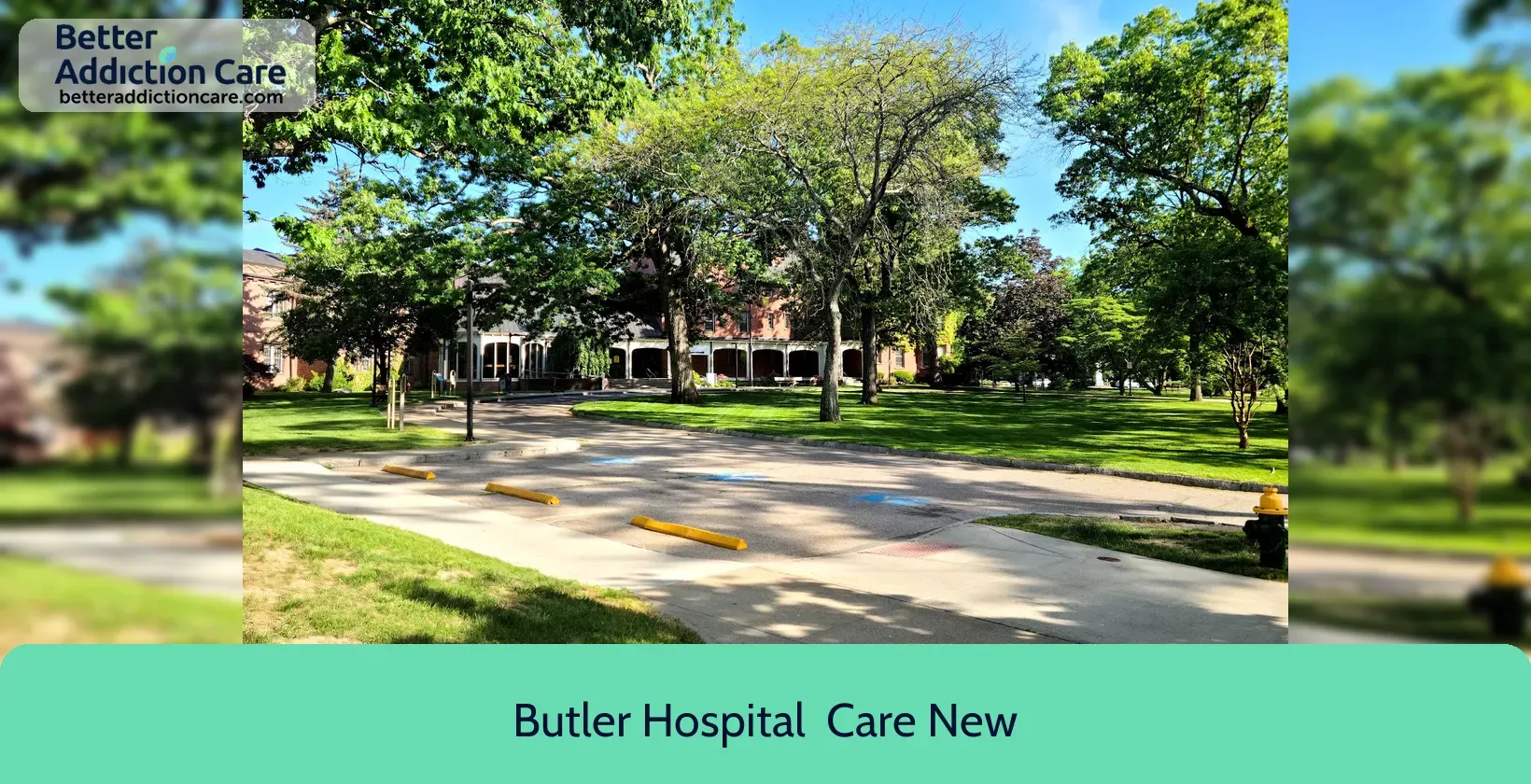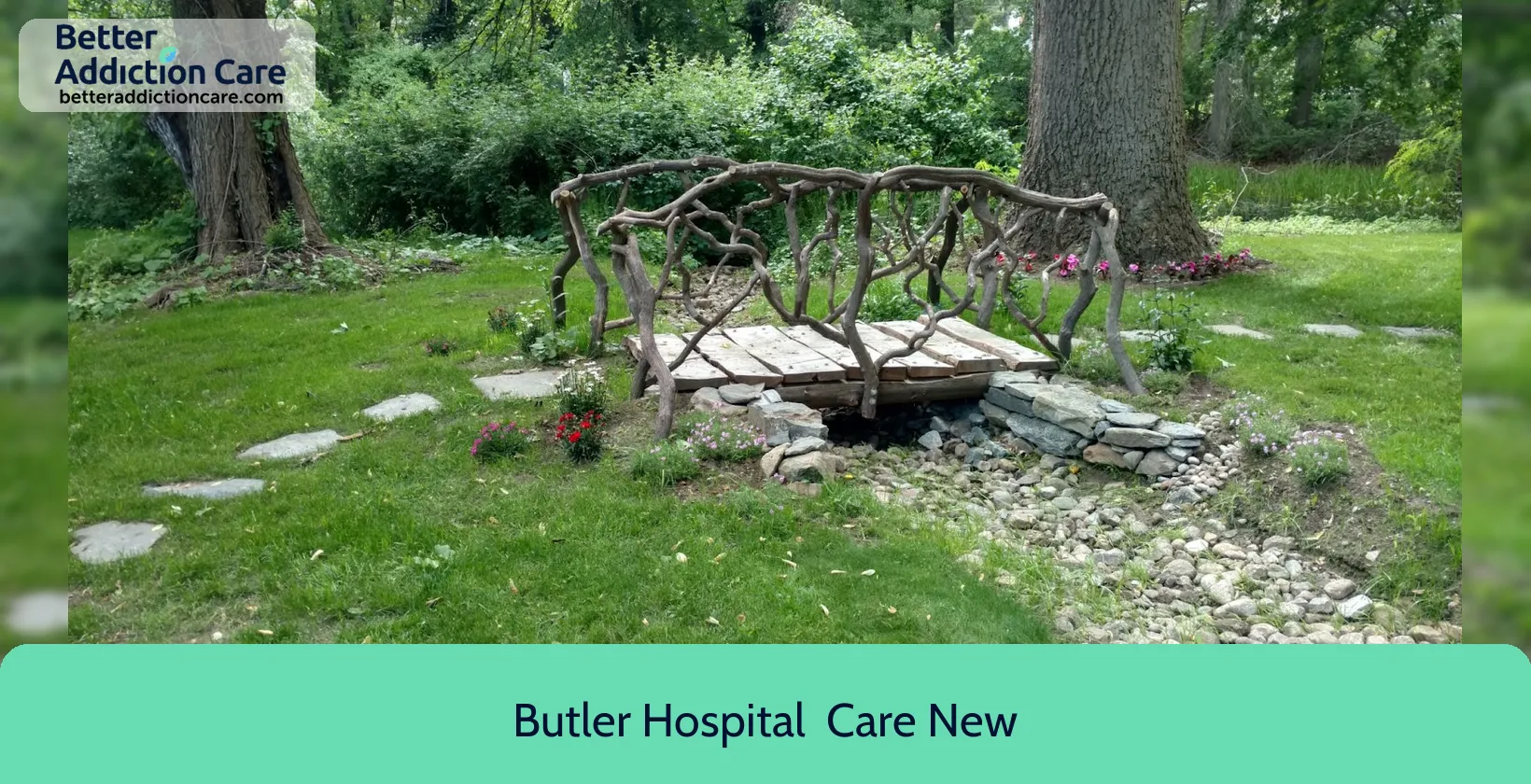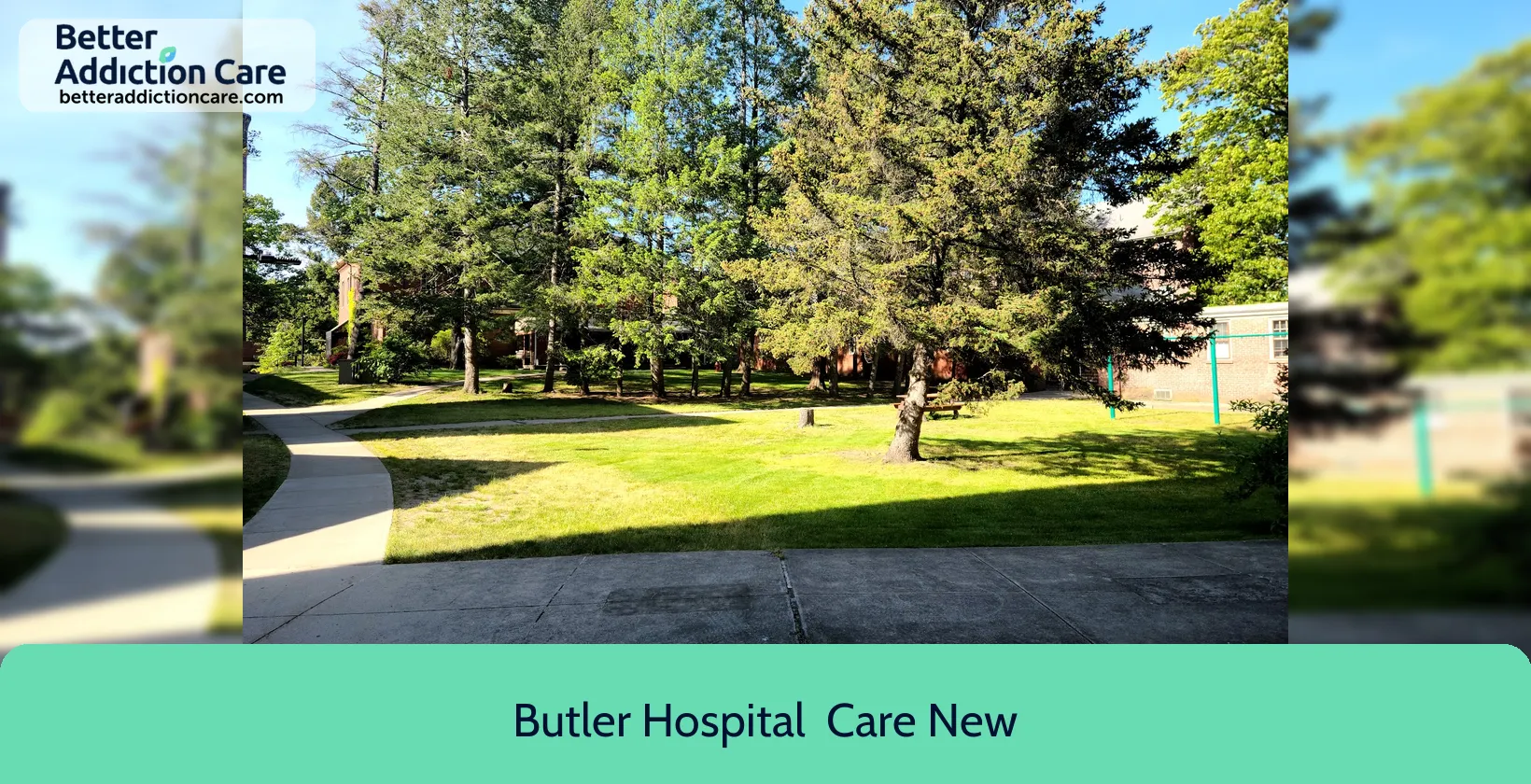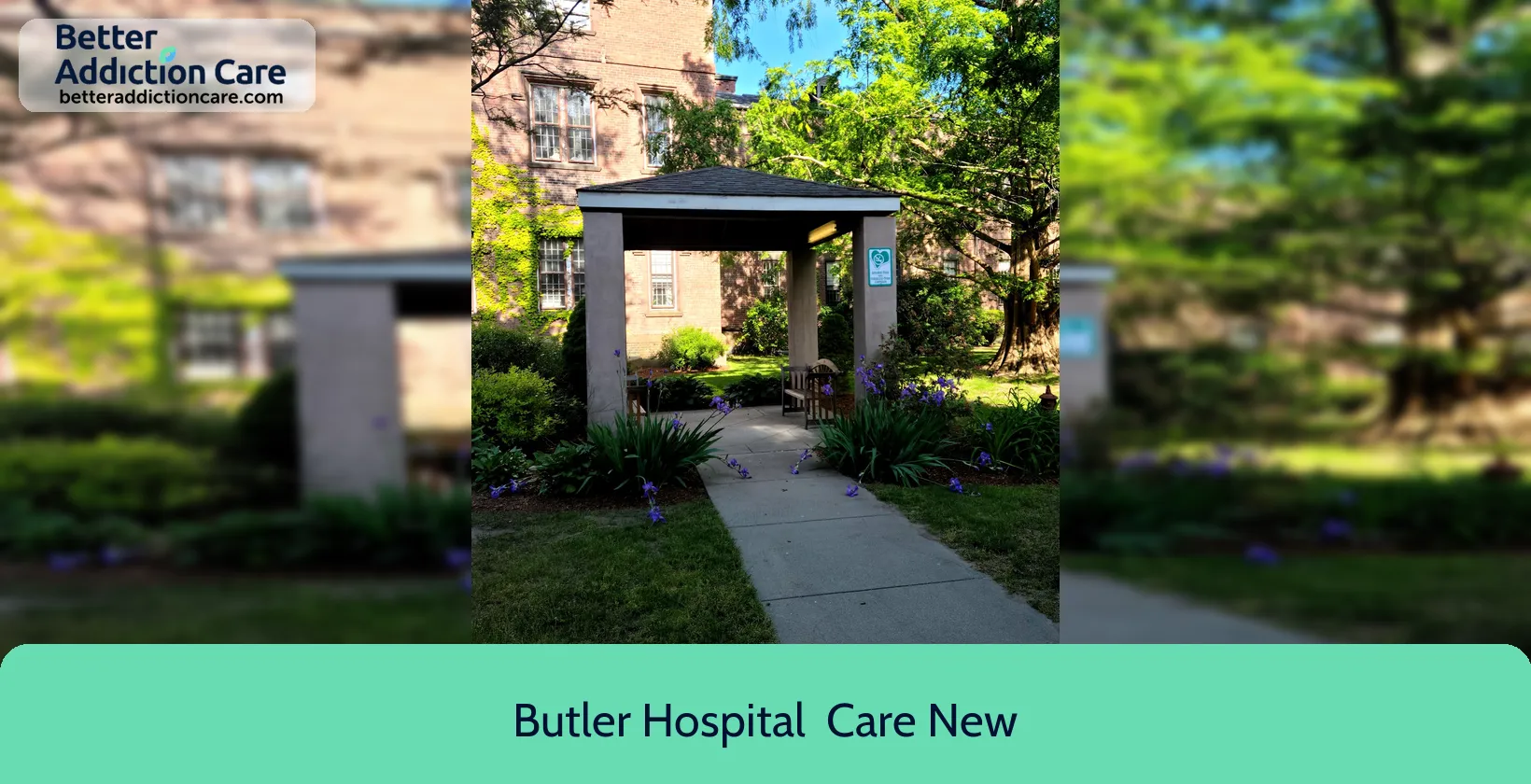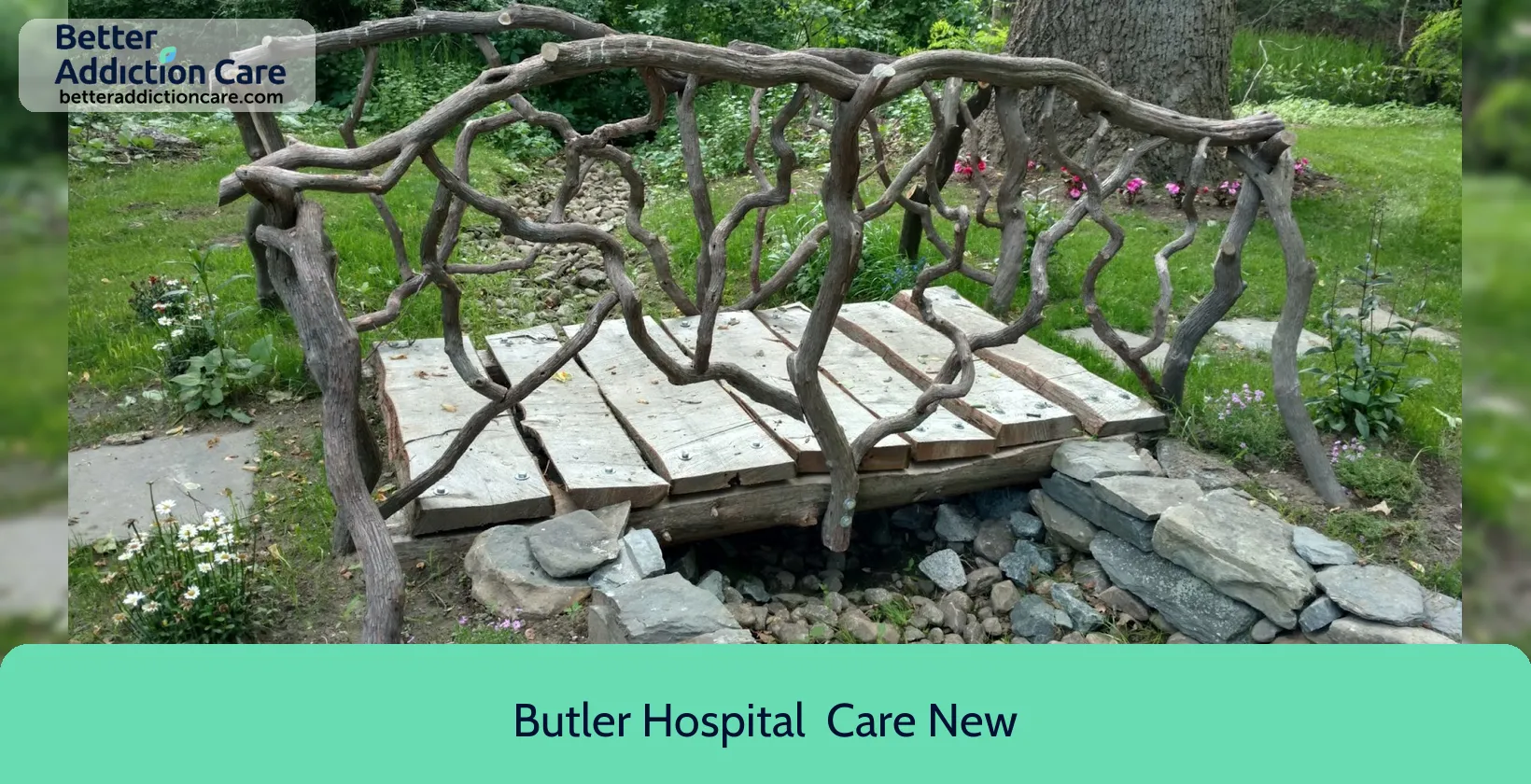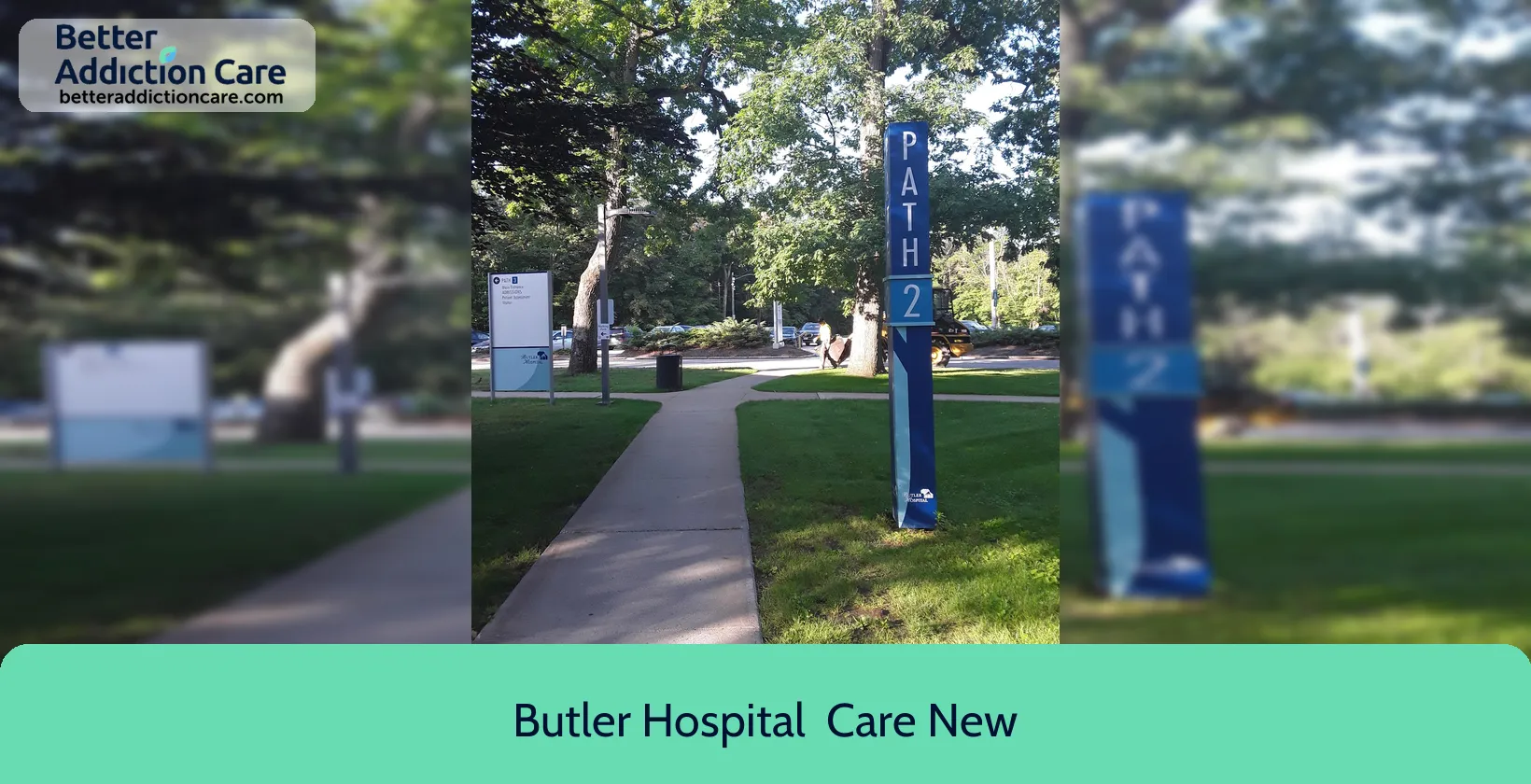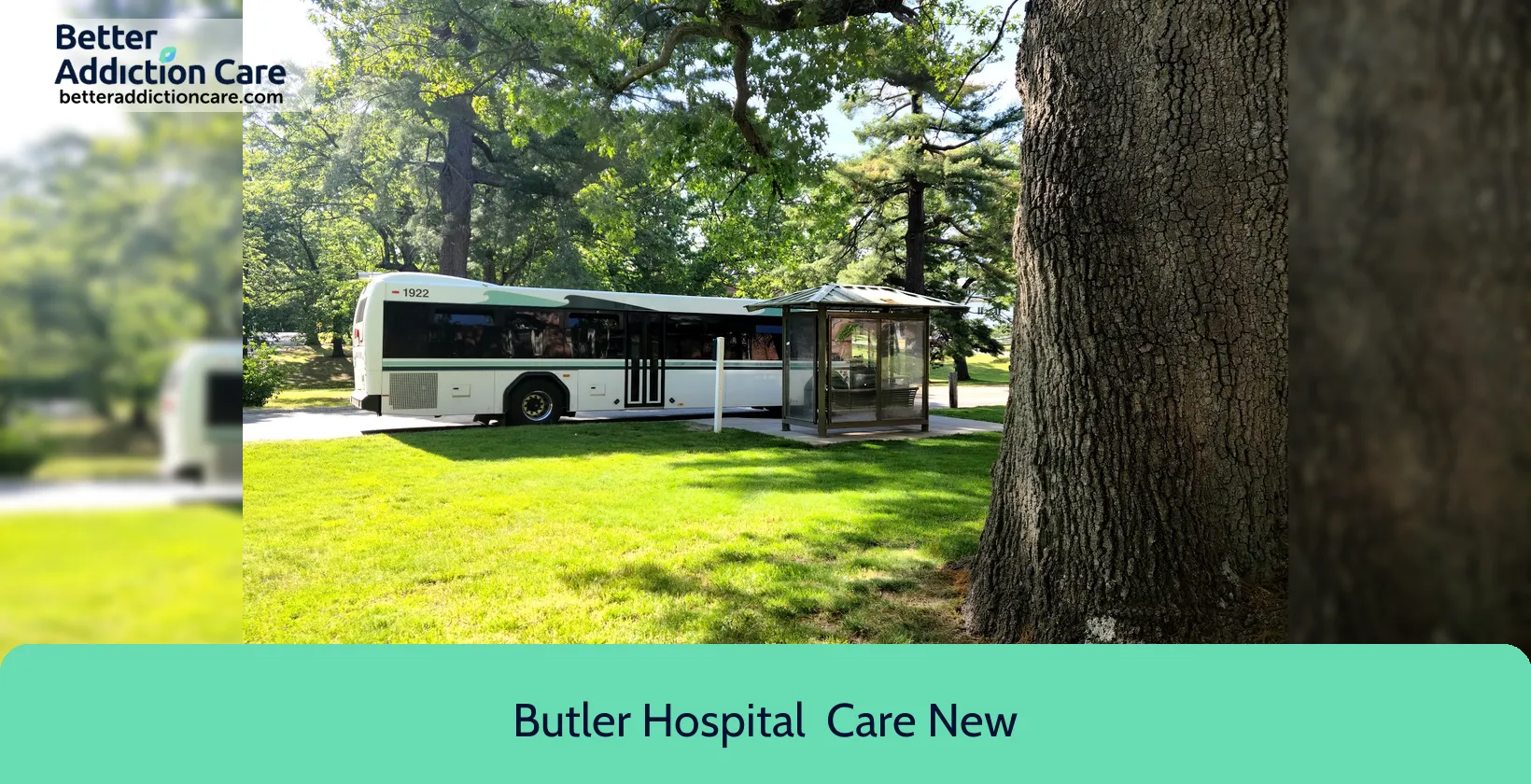Butler Hospital - Care New England Behavioral Health
Overview
Butler Hospital - Care New England Behavioral Health is a substance abuse treatment center for people seeking treatment near Providence County. As part of their treatment modalities for recovery, Butler Hospital - Care New England Behavioral Health provides cognitive behavioral therapy, telemedicine/telehealth therapy, and substance use disorder counseling during treatment. Butler Hospital - Care New England Behavioral Health is located in Providence, Rhode Island, accepting cash or self-payment for treatment.
Butler Hospital - Care New England Behavioral Health at a Glance
Payment Options
- Cash or self-payment
- Medicare
- State-financed health insurance plan other than Medicaid
- Private health insurance
Assessments
- Screening for tobacco use
- Comprehensive mental health assessment
- Comprehensive substance use assessment
- Interim services for clients
- Outreach to persons in the community
Age Groups
- Seniors or older adults
- Young adults
- Children/adolescents
- Seniors
Ancillary Services
- Suicide prevention services
- Specially designed program for DUI/DWI clients
- Mental health services
- Social skills development
Highlights About Butler Hospital - Care New England Behavioral Health
7.19/10
With an overall rating of 7.19/10, this facility has following balanced range of services. Alcohol Rehabilitation: 8.00/10, Drug Rehab and Detox: 7.54/10, Insurance and Payments: 6.00/10, Treatment Options: 7.21/10.-
Alcohol Rehabilitation 8.00
-
Drug Rehab and Detox 7.54
-
Treatment Options 7.21
-
Insurance and Payments 6.00
Accreditations
State department of health:

Government agencies issue State Licenses, granting permission to rehabilitation organizations to conduct their business operations lawfully within specific geographic regions. Generally, the particular rehabilitation programs offered by a facility and its physical location dictate the necessary licenses needed for legal operation.
Hospital licensing authority:
The Hospital Licensing Authority is responsible for granting licenses to healthcare facilities, ensuring that they meet the standards and regulations set by the government. Accreditation is a process of evaluation and recognition by a third-party organization, confirming that the hospital meets specific quality and safety standards.
The Joint Commission:

The Joint Commission accreditation signifies that a facility has met rigorous standards of excellence in patient care, treatment, and safety. It assures individuals and healthcare professionals that the accredited facility provides high-quality, evidence-based care for addiction and mental health issues, fostering trust and confidence in their services.
National Committee for Quality Assurance (NCQA):
NCQA accreditation is a recognition and evaluation process for healthcare organizations, given by the National Committee for Quality Assurance. It measures the quality and performance of healthcare providers, insurance plans, and managed care organizations in providing quality care to their patients. The NCQA accreditation is widely recognized as a benchmark for quality in healthcare and helps consumers make informed decisions about their healthcare options.
Treatment At Butler Hospital - Care New England Behavioral Health
Treatment Conditions
- Alcoholism
- Substance use treatment
Care Levels
- Outpatient
- Outpatient methadone/buprenorphine or naltrexone treatment
- Intensive outpatient treatment
- Regular outpatient treatment
- Aftercare
Treatment Modalities
- Cognitive behavioral therapy
- Telemedicine/telehealth therapy
- Substance use disorder counseling
- Group counseling
- Family counseling
Ancillary Services
Languages
- Sign language services for the deaf and hard of hearing
Additional Services
- Pharmacotherapies administered during treatment
- Discharge Planning
- Breathalyzer or blood alcohol testing
Special Programs
- Clients with co-occurring mental and substance use disorders
- Clients with co-occurring pain and substance use disorders
Get Help Now
Common Questions About Butler Hospital - Care New England Behavioral Health
Contact Information
Other Facilities in Providence

7.39

7.62

6.93

6.94

7.57
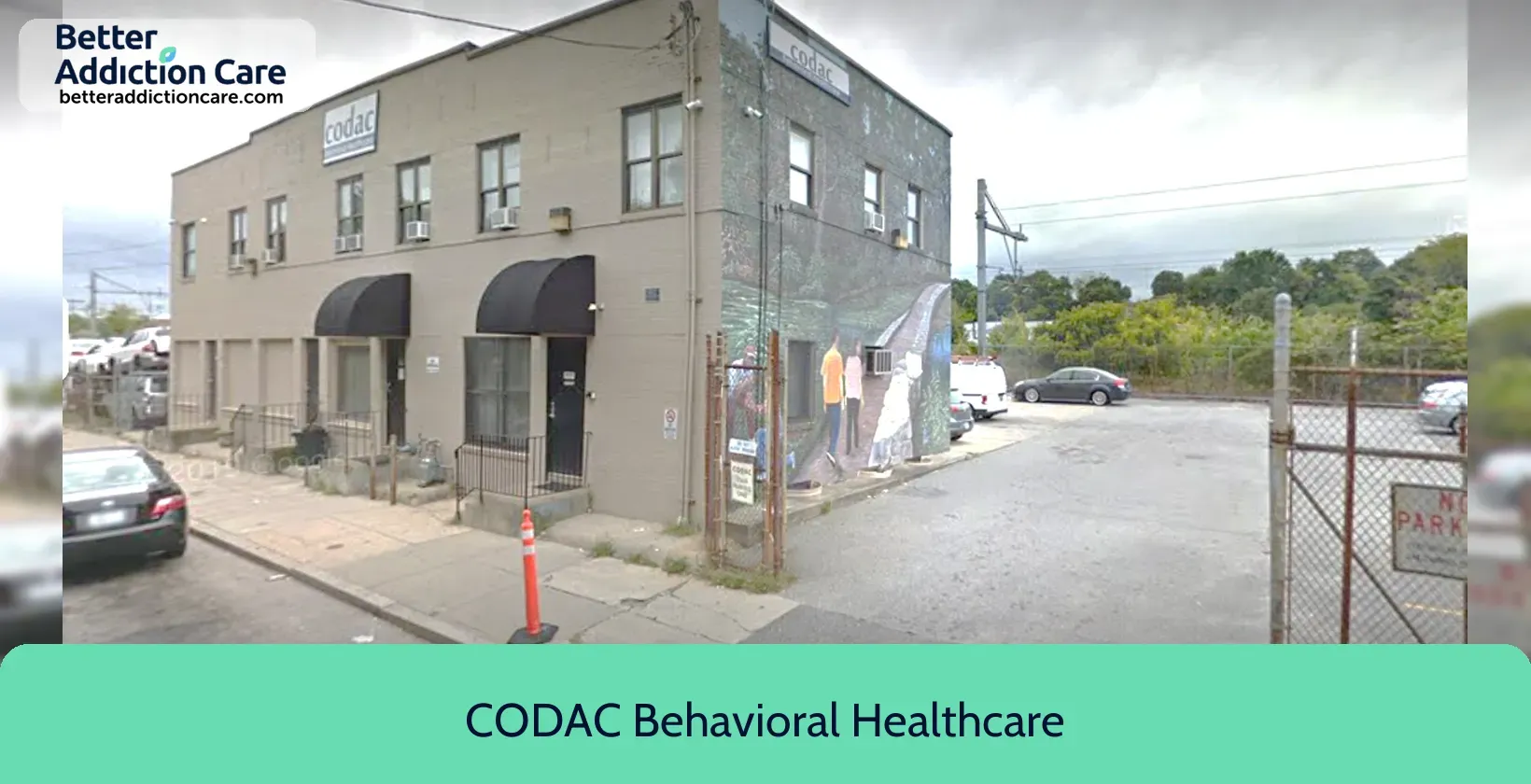
7.50
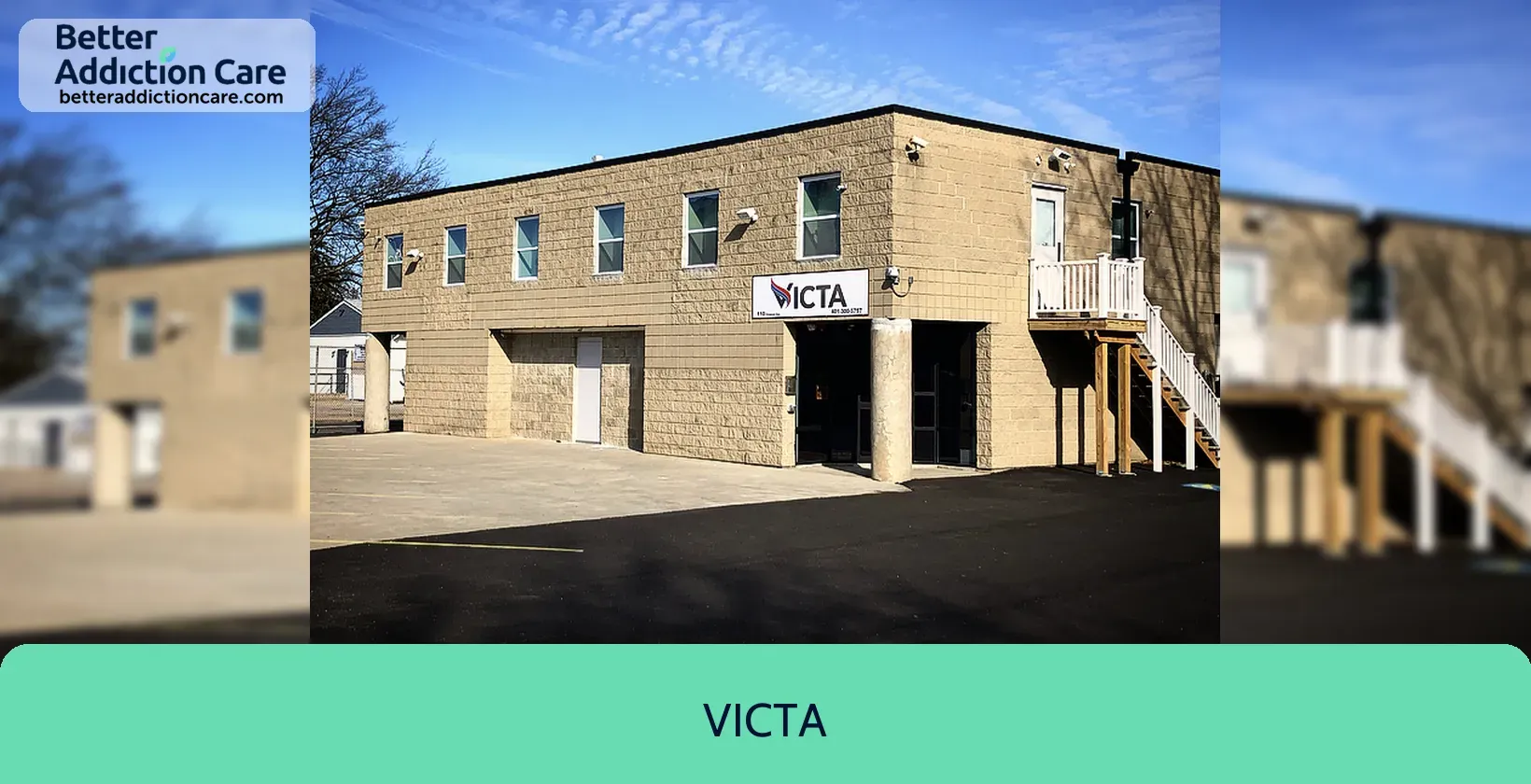
7.97
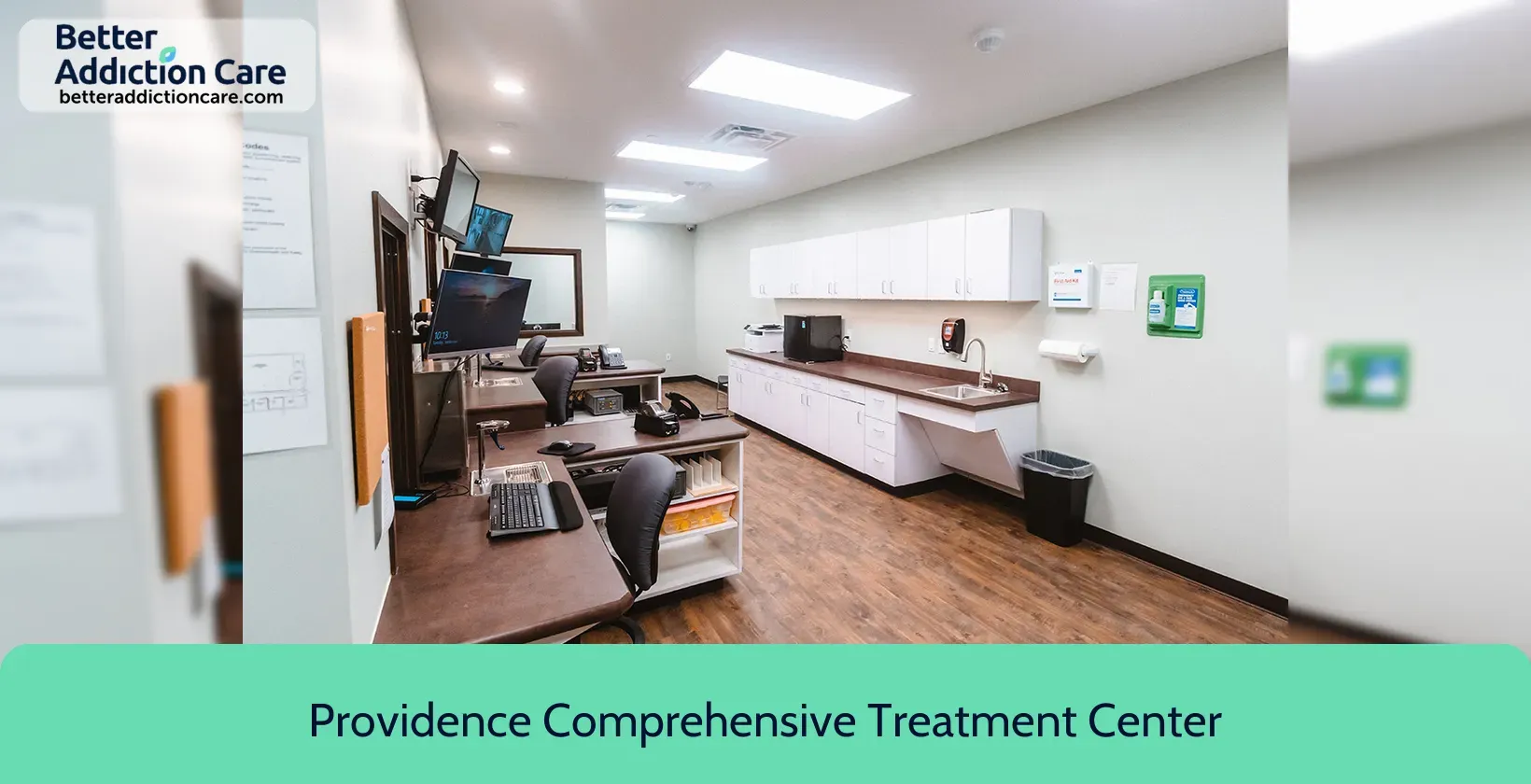
7.26
Browse rehab centers near Providence and in other cities across Rhode Island
DISCLAIMER: The facility name, logo and brand are the property and registered trademarks of Providence Comprehensive Treatment Center, and are being used for identification and informational purposes only. Use of these names, logos and brands shall not imply endorsement. BetterAddictionCare.com is not affiliated with or sponsored by Providence Comprehensive Treatment Center.
